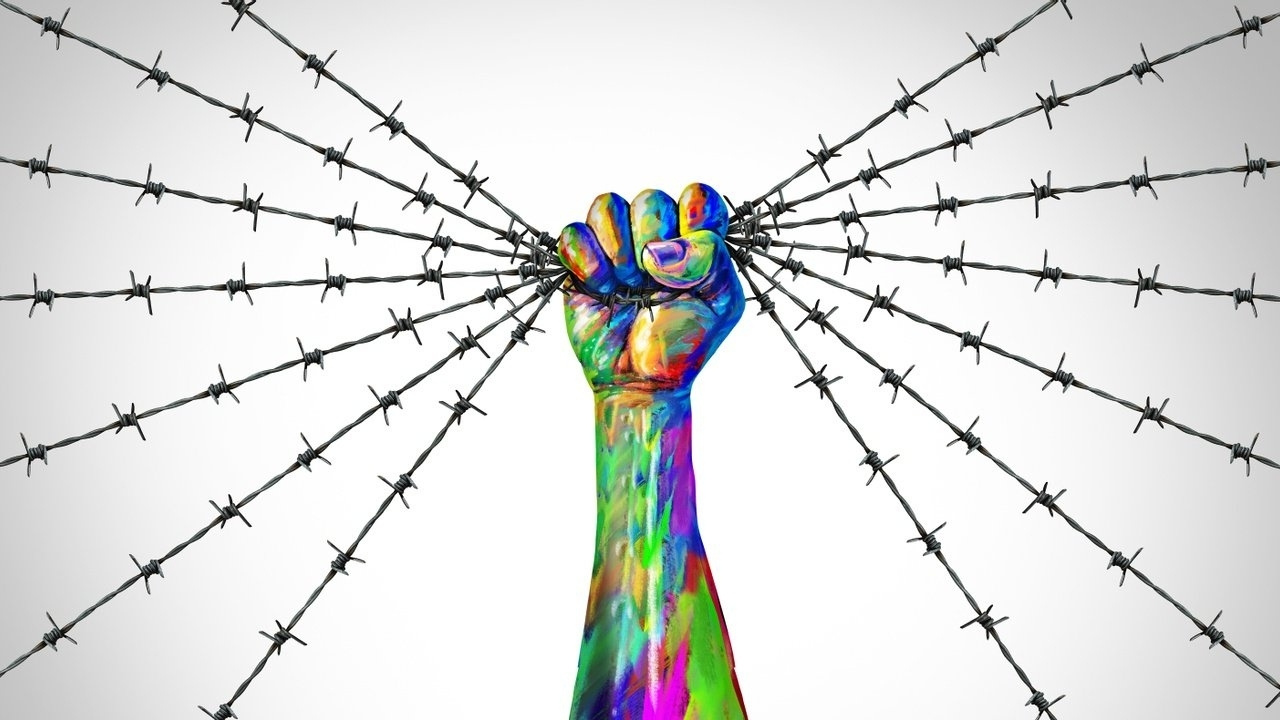
Critical theory is a fascinating field that digs deep into society, culture, and politics. Originating from the Frankfurt School in the 1930s, it aims to understand and challenge power structures. But what exactly is critical theory? In simple terms, it’s a way to question and critique society to promote change. It looks at how media, politics, and culture shape our lives and influence our beliefs. By examining these elements, critical theory helps us see the hidden forces at play. Whether you're a student, a curious mind, or someone interested in social justice, understanding critical theory can offer new perspectives on the world around you. Ready to dive in? Let's explore 35 intriguing facts about this thought-provoking subject.
What is Critical Theory?
Critical theory is a social theory aimed at critiquing and changing society as a whole. It differs from traditional theory, which focuses only on understanding or explaining the world. Critical theory seeks to uncover power structures and inequalities, aiming to foster social change.
- Origin: Critical theory originated with the Frankfurt School in Germany during the 1930s.
- Founders: Key figures include Max Horkheimer, Theodor Adorno, and Herbert Marcuse.
- Interdisciplinary: It combines sociology, philosophy, political science, and economics.
- Marxist Roots: Heavily influenced by Karl Marx's ideas on capitalism and class struggle.
- Dialectical Method: Uses dialectics to understand the contradictions in society.
- Emancipation Goal: Aims to liberate individuals from oppressive social conditions.
Key Concepts in Critical Theory
Understanding critical theory requires grasping its core concepts. These ideas help explain how society functions and how it can be transformed.
- Ideology: Examines how dominant ideas perpetuate power structures.
- Hegemony: Describes how ruling classes maintain control through cultural means.
- Reification: Critiques how social relations are treated as things, obscuring human agency.
- False Consciousness: Refers to the way people are misled about their social conditions.
- Praxis: Emphasizes the importance of action informed by theory.
- Culture Industry: Analyzes how mass-produced culture manipulates and pacifies the masses.
Influential Works and Theorists
Critical theory has produced numerous influential works and thinkers who have shaped its development and application.
- "Dialectic of Enlightenment": Written by Horkheimer and Adorno, it critiques the Enlightenment's role in modern oppression.
- "One-Dimensional Man": Marcuse's work on how advanced industrial society limits critical thought.
- Jürgen Habermas: Known for his theory of communicative action and public sphere.
- Walter Benjamin: Explored the impact of mass media on culture and politics.
- Antonio Gramsci: Introduced the concept of cultural hegemony.
- Frantz Fanon: Focused on colonialism and its psychological effects.
Critical Theory in Practice
Critical theory isn't just academic; it has practical applications in various fields, aiming to create real-world change.
- Education: Encourages critical pedagogy, where students question and challenge societal norms.
- Media Studies: Analyzes how media shapes public perception and reinforces power structures.
- Law: Critical legal studies examine how laws perpetuate social inequalities.
- Gender Studies: Explores how gender roles are constructed and maintained.
- Race Theory: Critical race theory looks at how race and racism intersect with other forms of oppression.
- Environmentalism: Critiques how capitalist systems exploit natural resources.
Criticisms of Critical Theory
Despite its influence, critical theory has faced various criticisms from different quarters.
- Complex Language: Critics argue that its jargon-laden language makes it inaccessible.
- Pessimism: Some say it focuses too much on negative aspects of society.
- Eurocentrism: Accused of being too focused on Western perspectives.
- Lack of Practical Solutions: Criticized for not offering concrete steps for change.
- Overemphasis on Culture: Some believe it neglects economic factors.
- Political Bias: Accused of having a leftist bias, alienating those with different views.
Modern Developments in Critical Theory
Critical theory continues to evolve, adapting to new social and political challenges.
- Intersectionality: Examines how various forms of oppression intersect and affect individuals.
- Digital Age: Analyzes how technology and social media impact power dynamics.
- Globalization: Looks at how global economic systems influence local cultures and societies.
- Postcolonial Theory: Explores the lasting impacts of colonialism on former colonies.
- Queer Theory: Challenges normative ideas about sexuality and gender.
Critical theory remains a vital tool for understanding and transforming society, continually adapting to address new challenges and injustices.
The Final Word on Critical Theory
Critical theory isn't just academic jargon. It shapes how we see power, society, and culture. From its roots in the Frankfurt School to its impact on modern social movements, this theory challenges us to question the status quo. It pushes us to think about how power dynamics affect our daily lives and encourages us to seek justice and equality.
Understanding critical theory can open your eyes to the hidden forces shaping our world. Whether you're a student, activist, or just curious, diving into this field offers valuable insights. It’s not just about critiquing; it's about envisioning a better future.
So, next time you hear about critical theory, remember it’s more than just a set of ideas. It’s a powerful tool for change. Keep questioning, keep learning, and keep pushing for a fairer world.
Was this page helpful?
Our commitment to delivering trustworthy and engaging content is at the heart of what we do. Each fact on our site is contributed by real users like you, bringing a wealth of diverse insights and information. To ensure the highest standards of accuracy and reliability, our dedicated editors meticulously review each submission. This process guarantees that the facts we share are not only fascinating but also credible. Trust in our commitment to quality and authenticity as you explore and learn with us.
